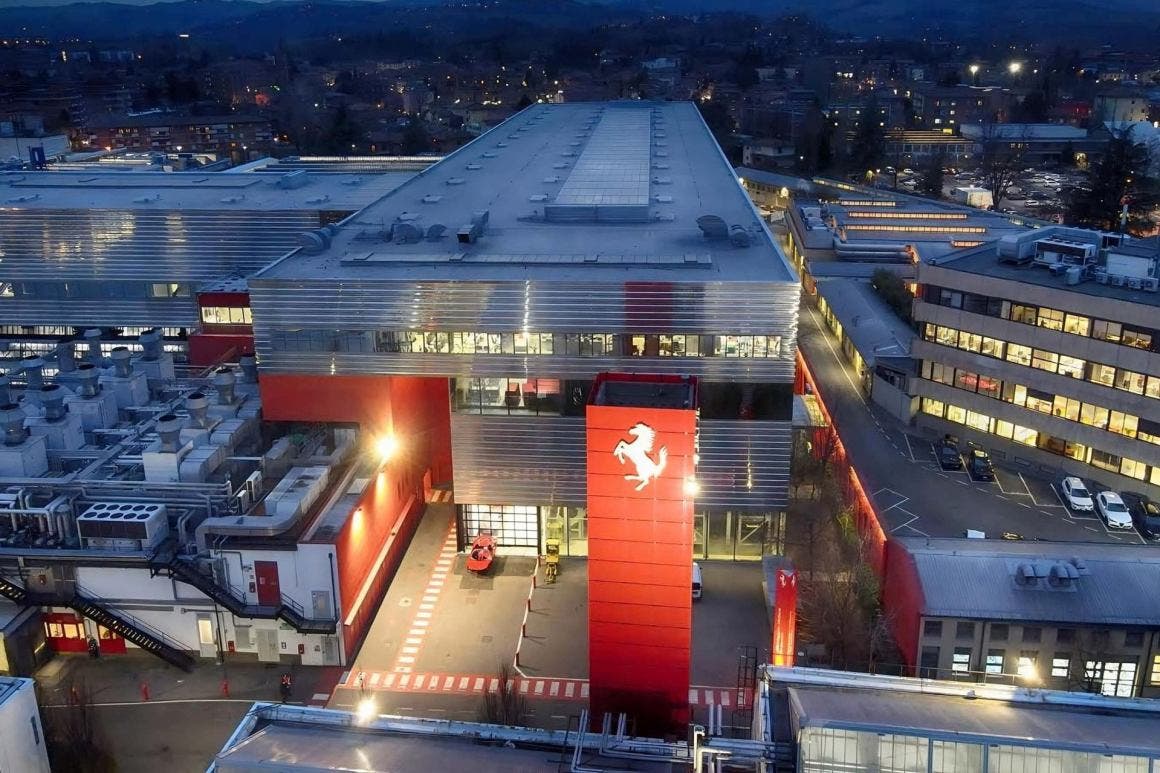The new U.S. President, Donald Trump, has promised to introduce high tariffs on China, Canada, and Mexico, threatening to destabilize automotive industry supply chains and raising concerns among investors about higher costs. The proposed measures include a 10% tariff on Chinese products and a 25% tariff on those from Canada and Mexico. Automotive sector stocks have fallen drastically, as the new tariffs would negatively impact U.S. and European manufacturers who depend on spare parts suppliers in Mexico. But there’s an exception: Ferrari.
Analysts are confident Trump’s tariffs won’t affect Ferrari

Rella Suskin, a stock analyst at Morningstar, told CNBC that Ferrari represents an exception, as it won’t start production in the United States, regardless of imposed tariffs. Production will remain exclusively in Maranello, at the Prancing Horse’s headquarters. Suskin added that a 10%, 20%, or 30% tax on the automaker’s vehicles could be easily passed on to the final price, given the luxury client target and the high cost of the cars.
Tom Narayan of RBC Capital Markets agreed, emphasizing that Ferrari could easily pass any cost increases on to consumers. Thomas Besson of Kepler Cheuvreux also stated that Ferrari is unique among its European competitors in its ability to manage price increases. His statement reflects a common belief among analysts and investors: Ferrari might not be affected by tariffs like other automakers.
In 2024, Ferrari has dominated the market, outperforming rival automakers in Europe. Its shares have increased by over 34%, significantly higher than Renault and Mercedes-Benz. Anthony Dick, an analyst at Oddo BHF, told CNBC that Ferrari is not expected to start production in the United States. Beyond brand-related reasons, the decision would also be due to industrial difficulties, as this would require creating a network of local suppliers, a step that would be complicated and impractical for the Italian automaker.
